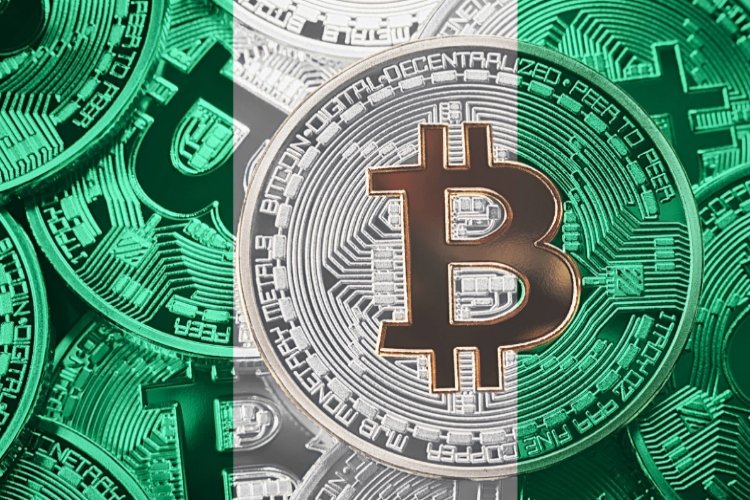
Crypto Crossroads: Nigeria Mulls Licensing Exchanges Despite P2P Ban Threat
With over 22 million citizens owning cryptocurrency, or roughly 10.3% of the population, Nigeria is a titan in Africa’s crypto adoption race. But the country’s stance on digital assets is becoming increasingly complex.
The International Monetary Fund (IMF) recently threw its weight behind crypto in Nigeria, recommending the country license global cryptocurrency exchanges. This proposal aims to solidify Nigeria’s position as a leader in Africa’s crypto market and attract international investment. The IMF emphasizes the potential for crypto to improve remittance mechanisms for the vast Nigerian diaspora, estimated to send home billions of dollars annually, and bolster financial market stability.
However, this endorsement comes amidst a contradictory move by Nigeria’s Securities and Exchange Commission (SEC). The SEC is contemplating a ban on peer-to-peer (P2P) cryptocurrency transactions using the Nigerian naira, citing concerns about protecting the currency from manipulation. Industry experts view such a ban as a near-impossible feat, raising questions about the future of crypto adoption within Nigeria’s borders.
The coming months will be critical. Will Nigeria embrace the IMF’s vision and license exchanges? How will the SEC’s proposed P2P ban impact crypto adoption within Nigeria? Can they find the sweet spot between regulations and fostering a climate of crypto innovation?
This unfolding story could significantly impact Nigeria’s economic landscape and its position within the African crypto market. Stay tuned, Cryptotimes Africa readers, for the next chapter!


